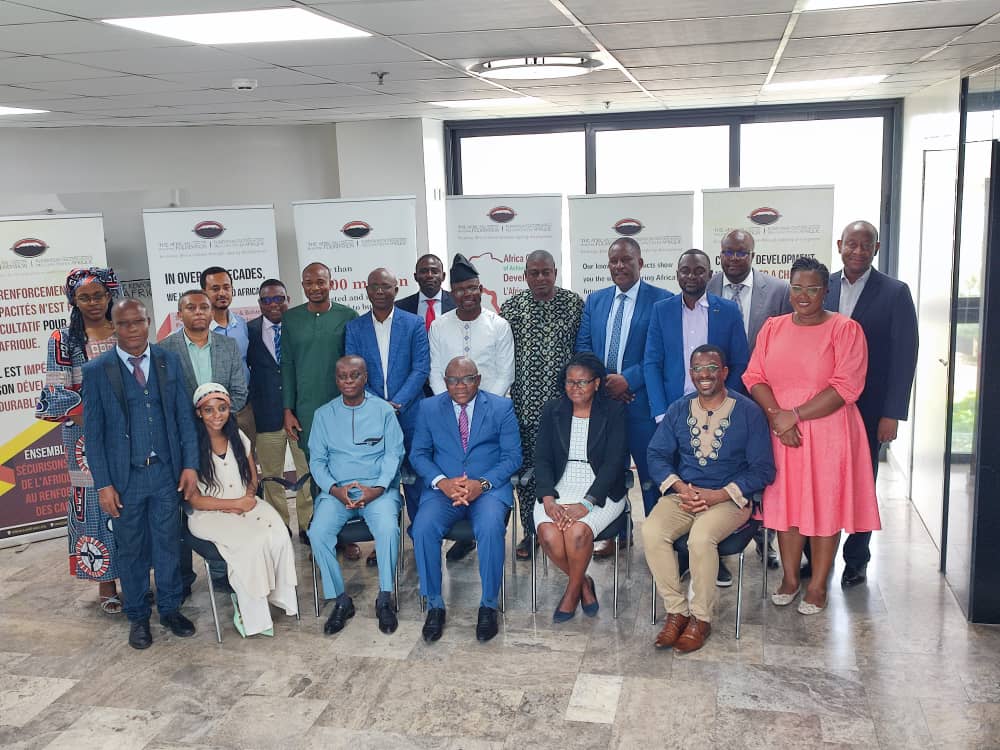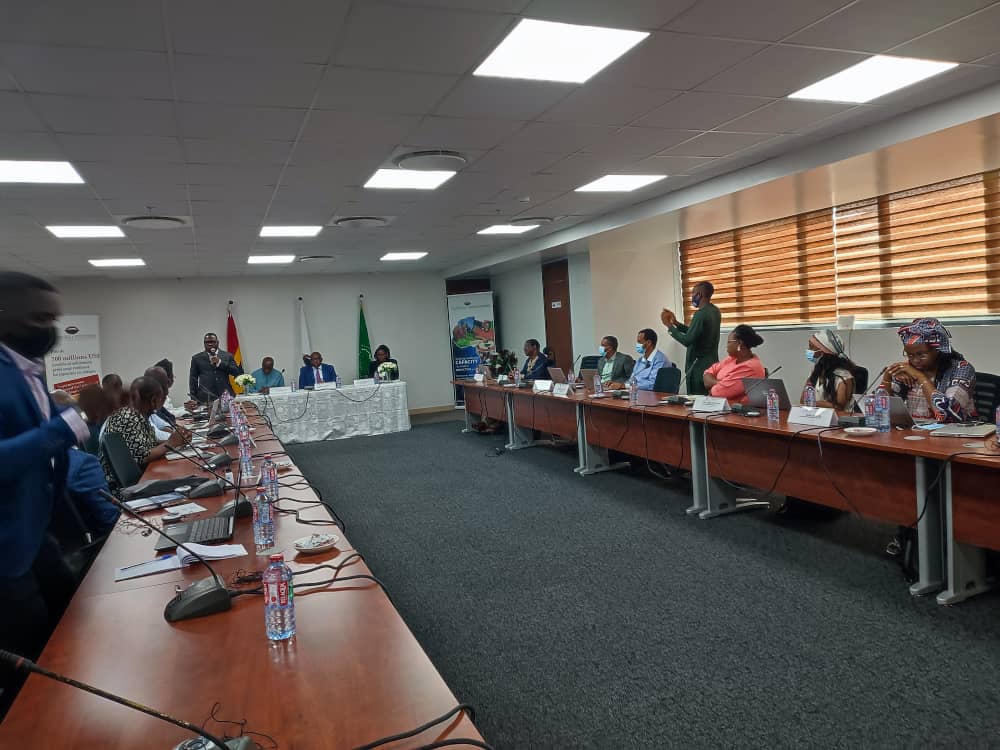
Ghanaian law enforcement agencies have been called on to crack down on celebrities who promote tobacco use on social media.
The invitation was made by the Chief Economist of the Ministry of Finance, Mr. Emmanuel Fordjur on the sidelines of the 2022 Annual Coordination Workshop for Sub-grants of the Tobacco Control Program organized by the African Capacity Building Foundation (ACBF) in Accra.
He said the practice of smoking on social media poses a serious threat to the health of young people who blindly follow their higher ideals and espouse such vices.

He pointed out that although some celebrities smoke tobacco on social media out of ignorance, others indulge in the practice of financial gain that violates Public Health Law No. 851 which includes the ban on smoking in public places as well as tobacco advertising and promotion.
Therefore, Fordjur tasked law enforcement agencies with enforcing existing anti-tobacco laws such as anti-smoking laws in public places.
“Despite this continued deployment of legal tools in combating the harmful effects of tobacco use, I must note that our efforts as a country have recently been under threat from the use of social media to promote tobacco use,” said Mr. Fordgur.
Related Articles
Ghana has been selected as a country for the 2030 WHO Tobacco Project
Enforce laws that protect children from tobacco use
It’s time to enforce tobacco smoking regulations
WHO urges government to combat tobacco use
“For example, these days we often find a number of so-called celebrities displaying the use of tobacco products such as cigars and hookahs on social media. For these people, it is simply fashionable to showcase a recent trend. While some of the people involved do so out of sheer ignorance. with the harmful effects of tobacco, and others also indulge in the practice for financial gain.
“This practice, ladies and gentlemen, poses a serious threat to the health of young people who sometimes blindly follow their role models and in the process adopt such negative behaviours. In order to stem this harmful tide of tobacco use, it is essential that the relevant law enforcement agencies apply Existing laws against tobacco use and especially anti-smoking laws in public places.”

Chief Economist at the Ministry of Finance, Mr. Emmanuel Fordjur (left) exchanges compliments with the Director of Programs and Director of the West and Central Africa Office of the ACBF, Professor Sylvain Bocco.
Tobacco Control Commitment
Mr. Fordjour reiterated Ghana’s commitment to reducing tobacco use and noted that Ghana has been an active member in the development of the WHO Framework Convention on Tobacco Control (FCTC) since 20 June 2003.
In compliance with its responsibilities, he said, Ghana became one of the first countries in Africa to ban tobacco advertising by issuing a policy directive to this effect in 1982.
He added that the Government of Ghana passed the Public Health Act (851) in 2012 to take concrete steps to reduce tobacco use in the country.
The provisions of this law include the prohibition of smoking in public places; Tobacco advertising, promotion and sponsorship; Tobacco packaging and labeling, among other controls. These bold steps were later followed with the passage of the Tobacco Control Regulations (LI 2247), which took effect on January 4, 2017.
Workshop
The five-day workshop organized by the ACBF is titled: Strengthening Skills in Governance and Leadership.
It is co-sponsored by the Bill & Melinda Gates Foundation.
Program Director and Director of the West and Central Africa Office of the ACBF, Professor Sylvain Bocco, said participants will learn and exchange ideas and good practices on tobacco control issues with reference to African organizations and institutions.

“We have designed an interactive program that will allow us all to exchange, explore and discuss concepts and issues related to leadership and good governance,” he said.
“We really hope that the training will provide you with a good insight into an effective policy development process and framework within the organization.”
statistics
Professor Boko said figures from the World Health Organization indicated that tobacco use – the leading preventable cause of death for adults globally – was increasing in Africa.
According to the World Health Organization, smoking causes about 71 percent of lung cancer, 42 percent of chronic respiratory diseases, 20 percent of global tuberculosis cases, and about 10 percent of deaths from cardiovascular disease.
Professor Boko also stated that 13 million women use tobacco products in Africa with 22,000 women dying each year from preventable tobacco-related diseases.
He said that increased prevalence, combined with sustainable economic growth and changing population dynamics, could double tobacco use in Africa within the next 10 years.
It further revealed that 13 percent of adolescent girls use tobacco products in Africa with recent studies showing that the prevalence rate among girls (4.6 percent to 36.6 percent) is as high as that of boys (7.8 percent to 36.5 percent).
“Between 2002 and 2030, deaths from tobacco are expected to double in low- and middle-income countries (LMICs), including in Africa,” said Professor Bocco.
“Adult deaths from secondhand smoke, about two-thirds of these deaths are among women (64 percent) who work and live with men who smoke.”





